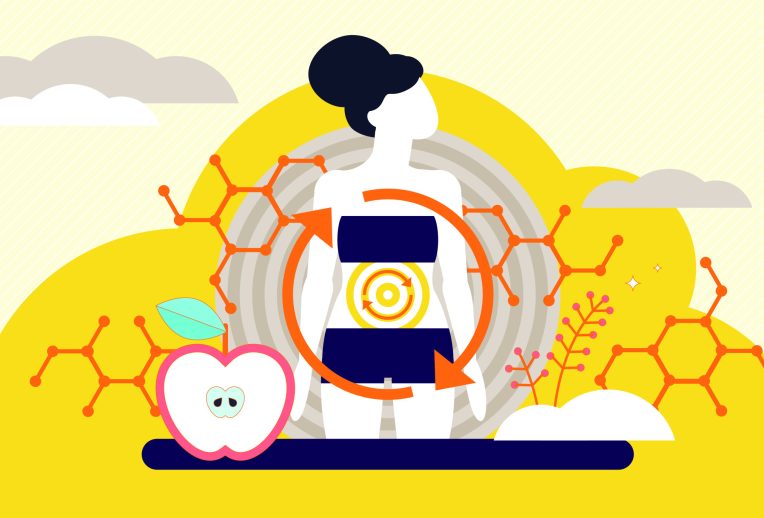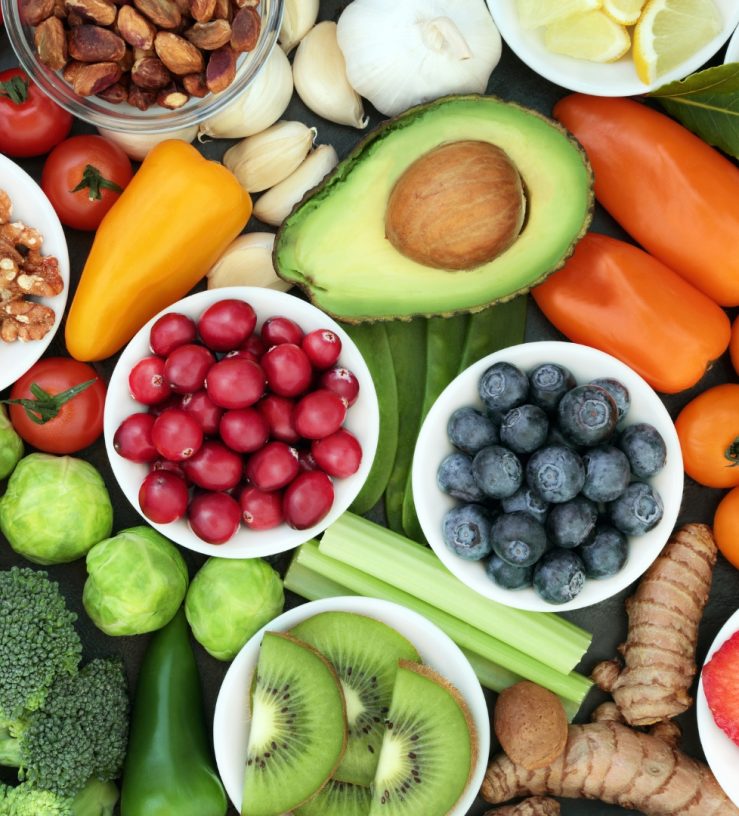With everyone now latching onto the power of the gut, including supplement manufacturers, there are more pills than ever out there claiming to optimise your digestive health. Vitamin and mineral supplements are putting nutraceutical companies on the map (think nutrition and pharmaceutical combined). These companies are offering multivitamins, special combinations for particular purposes (e.g. ‘supporting’ your digestive system), probiotics and new generation categories such as adaptogens (which claim to protect you from stress).
With all these new products flooding the market, do you find it hard to navigate the maze of different products and claims to know which preparations are best for you? If so, you’re not alone! From our experience at The Gut Health Clinic, people with gut health issues are generally confused about the products on offer, and looking for straight answers and effective solutions. Cue Dr Google…
One of the most common misdiagnoses and points of mismanagement we see in clinic is self-diagnosed ‘digestive enzyme deficiency’. Due to misinformation being spread, people have often tried this increasingly popular over-the-counter broad spectrum digestive enzymes which claim to include various — usually plant-derived forms — of amylase (to break down carbs), proteases (break down proteins) and lipases (break down fats) in the hope of relief. The convincing marketing for these supplements typically targets those suffering from symptoms of bloating, heartburn or irritable bowel syndrome (IBS). To help safeguard you against the inevitable marketing claims, let’s start by busting a couple of popular misconceptions:









 Myth 1: We produce fewer enzymes as we age
Myth 1: We produce fewer enzymes as we age








